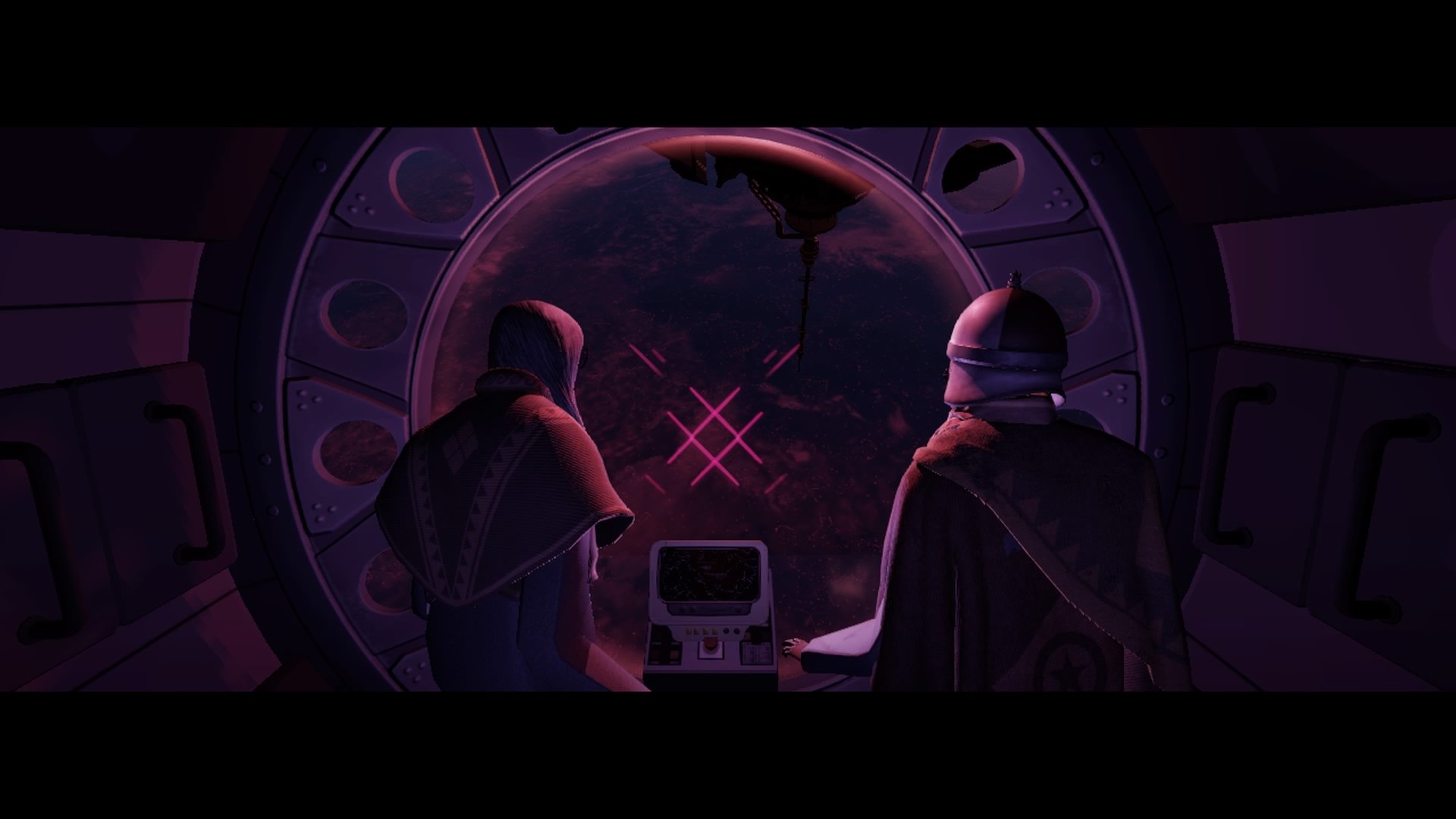Over the past month I’ve been working my way through gaming pile of shame, you know, the pile of stuff you want to work your way through but may never have the time to actually do. Just before Christmas, my family and I were isolating as we had fallen like dominoes to Covid. We’d been through lockdown like everyone else but this was the first time that we had tested positive and so had to isolate.
It was a challenge to keep the kids busy and engaged with activities away from Netflix and also to keep myself active. I’d used the time to read loads and, in the evening whilst everyone is sleeping, play videogames. I’d been working my way through 80 Days on the Switch and Final Fantasy VII Remake on the PS4, however I have a sense of gaming overwhelm as I had a huge pile of games to work through and bought some more in the Nintendo e-sale which occurred just after Christmas. So what, you may think? Well, I managed to snag a PS5 but haven’t even got around to setting that up or buying any new games. I’ve decided to wait until I’ve finished a few more games before buying any more as my guilt overwhelms me and I feel that I should complete what I already have before buying any more.
The new games out there sound amazing and I can’t wait to play Deathloop, Returnal and many more ‘must play’ titles but I want to complete the last few games I’ve downloaded onto my PS4 before moving on. This bring me to Jett: The Far Shore by Superbrothers and Pine Scented. I loved Swords and Sworcery (as you can probably tell by the aesthetics of this website) and the idea of the new game by the same guy excited me. I read the book about the game and learned about the imposter syndrome he suffered and saw the so-so Metacritic rating but that didn’t deter me; I went all in and bought the game on sale.
I recently finished Jett and boy was it an intriguing game that reached for the stars but sputtered before reaching orbit. It had high aspirations but failed ultimately due to fiddly controls and poor way-pointing, which meant hours of time lost figuring out what to do. I don’t need hand holding but I like games that respect my time and I didn’t always feel this did. However, with this monkey off my back I’m hoping to finally crack open the PS5 later this week and finally jump into Astro’s Playroom and Miles Morales.
LINK- The Far Shore: Indie Games, Superbrothers and the Making of Jett
LINK- Blood, Sweat and Pixels- Book Review
LINK- The Offworld Collection- Book Review
LINK- Uncharted 4- Video Games As Art
LINK: Japan: My Journey to the East
LINK- Natives: Race and Class in the Ruin of Empire- Book Review
LINK- Utopia for Realists- Book Review
LINK- Natives: Race and Class in the Ruin of Empire- Book Review





















































